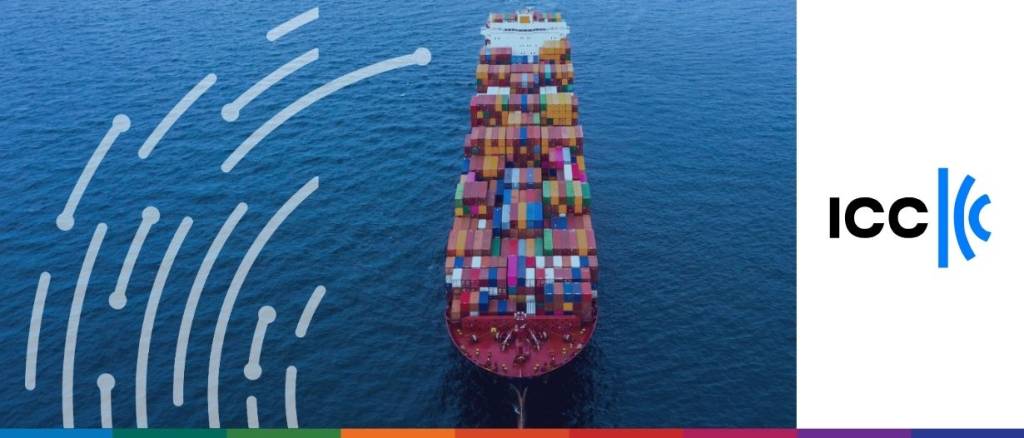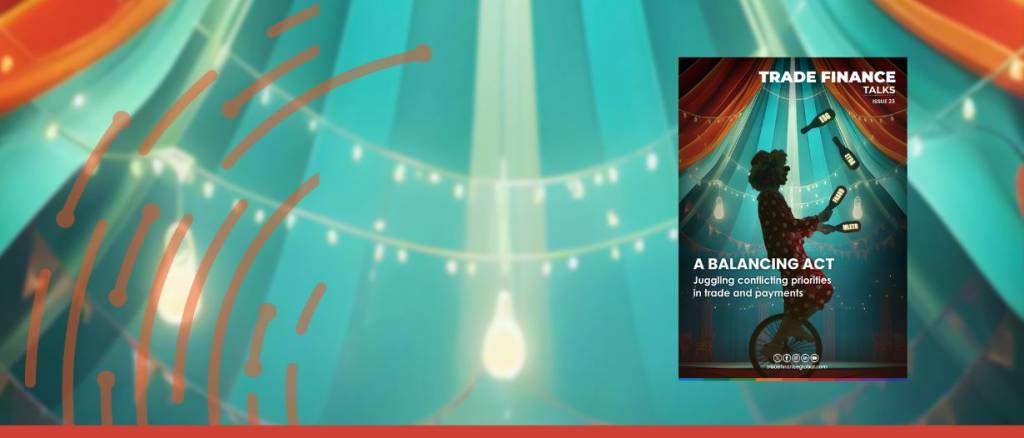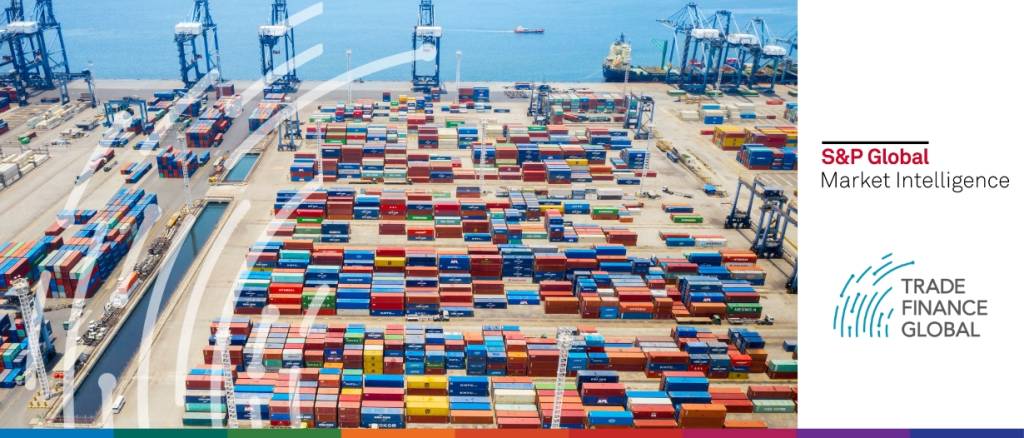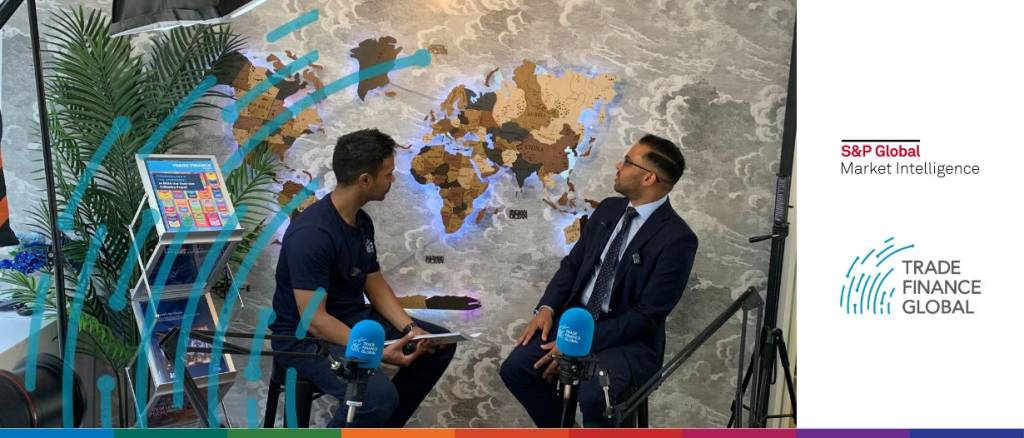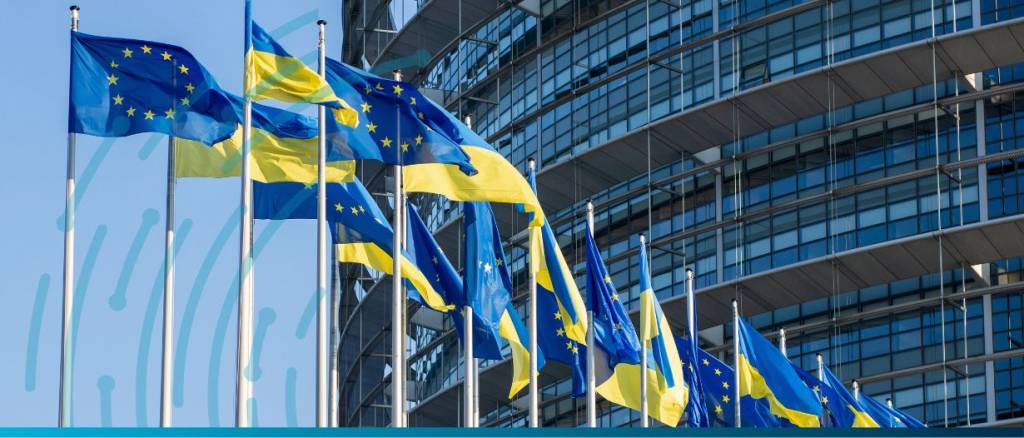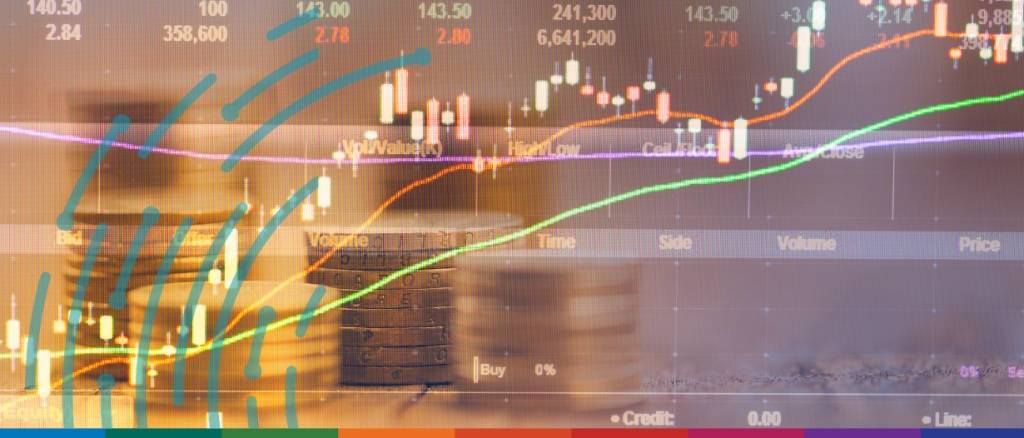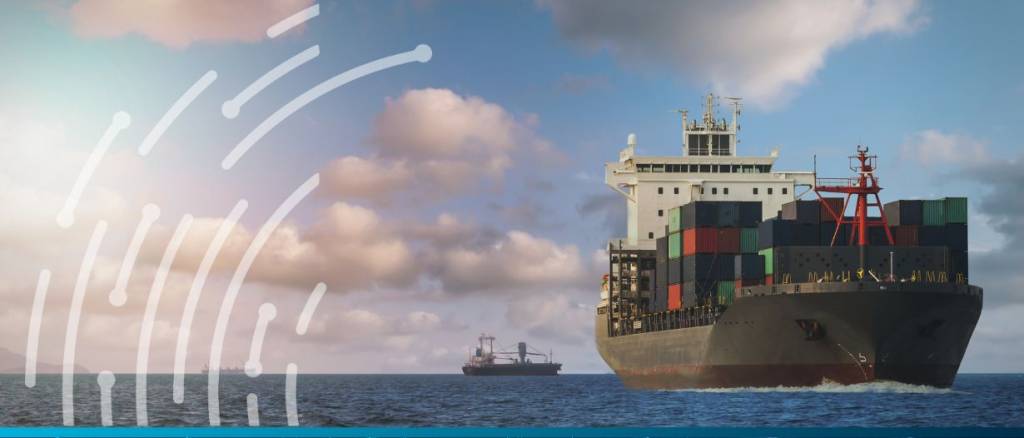Mikael Björknert, the Swedish banker who became chief executive of Privatbank in January, told Trade Finance Global (TFG) that Ukraine’s economy was performing better than many expected, with GDP growth… read more →
The annual Trade Register from the International Chamber of Commerce (ICC) in collaboration with Boston Consulting Group (BCG) and Global Credit Data (GCD) has been released, analysing the landscape for… read more →
It’s hard to ignore the continued growth and influence coming out of Asia for trade. Asia’s trade growth continues to surge, with the Asian Development Bank (ADB) forecasting 5% growth in 2024, driven by strong domestic demand and recovering exports. Regional integration and modern trade agreements are enhancing resilience in key sectors like food and technology. Asia also benefits from rising demand for tech exports, particularly semiconductors, driven by AI. However, risks such as geopolitical tensions and protectionism remain.
To discuss S&P Global Market Intelligence’s whitepaper, “Are transshipment hubs facilitating the movement of Western-made components to Russia?” Trade Finance Global’s Deepesh Patel spoke with Ravi Amin, Trade Compliance Subject Matter Expert, at S&P Global Market Intelligence.
Trade Finance Global (TFG) and S&P Global Market Intelligence are jointly hosting a webinar “Navigating sanctions: The role of transshipment hubs in Western-made components to Russia” on Tuesday, 2 July, 12:00 BST.
The European Bank for Reconstruction and Development (EBRD) is extending its support for Ukraine by establishing an unfunded portfolio risk-sharing facility with OTP Leasing.
During the June 2023 Ukraine Reconstruction Conference hosted in London, over 400 global companies pledged support for rebuilding the country.
What is the outlook for commodity trading in 2024? Marsh’s Aaron Bailey and Christopher Coppock provide their views.
In collaboration with the Ukrainian government, Ukreximbank, Ukrgasbank, and DZ Bank, Marsh McLennan has announced Unity, a new insurance facility designed to offer cost-effective insurance for exporting grain and other… read more →
On Tuesday, the International Monetary Fund (IMF) unveiled its most recent World Economic Outlook, adjusting its US growth forecast upwards while anticipating a slower rate of expansion for the euro… read more →
















